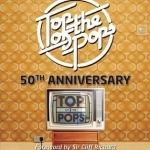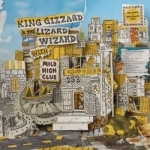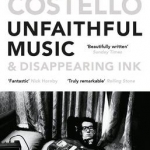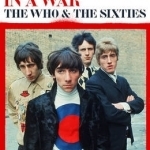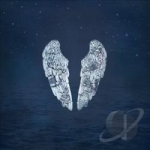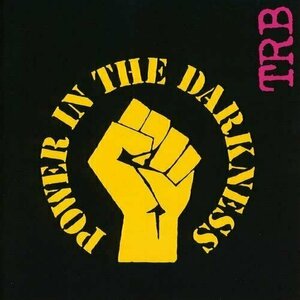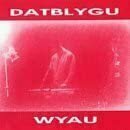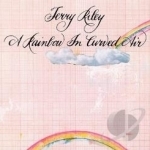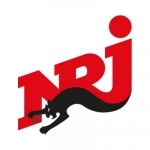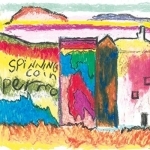"They were an underground band who started releasing cassettes in 1982 and are from Aberteifi in South West Wales, so they weren't part of a scene. They were from a small, working class town where, strangely, an interesting guy called Malcolm Neon had set up a cassette label, releasing electronic music in the Welsh language. So they kinda fit in – he put a tape of theirs out and gradually they released more albums, which would end up on the Anhrern, a punk rock Welsh language label which John Peel started to play. By the time Pyst came out in 1990, David R. Edwards' voice was becoming the key critical voice of the Welsh language. He held a mirror to society and to himself that was so brutally honest: they weren't embraced by the media at the time because they were misunderstood.
They were gradually more acclaimed for their genius as time went on. The name of the band translates to English as 'developing', so they had experimenting as part of their reason for existing. By this time, it was David R. Edwards and Pat Morgan on bass and she brought a really distinctive musicality to the band. Their first two albums had been produced by Gorwel Owen who, for me, is like a Welsh Conny Plank, so everything was experimental but also really well-recorded. And this album [Datblygu] is a mixture of great songwriting. He can – when it's necessary - write a conventional pop song but delivered in a unique way like the classic, timeless songs. We covered one of these, 'Y Teimlad', on the Super Furry Animals' record Mwng. There are some great songs on this record – one is 'Ugain I Un' which is like a generic country and western song about being a horse [running] at [odds of] 20/1 who fails a jump and gets shot before the end of the song.
There's another pop song called 'Am' which is just great pop music! But [the album is] always experimental and you could compare David to people like Mark E. Smith, Nick Cave and Allen Ginsberg, people with an honesty and darkness which is timeless as the lyrics deal with basic human traits. This isn't self-consciously Welsh. In fact, it's very critical of Welsh society in the Welsh language as that's the most honest way you could communicate [this idea]. And it captures Wales at that time where there was a great non-conformist musical streak going on ."
Source
